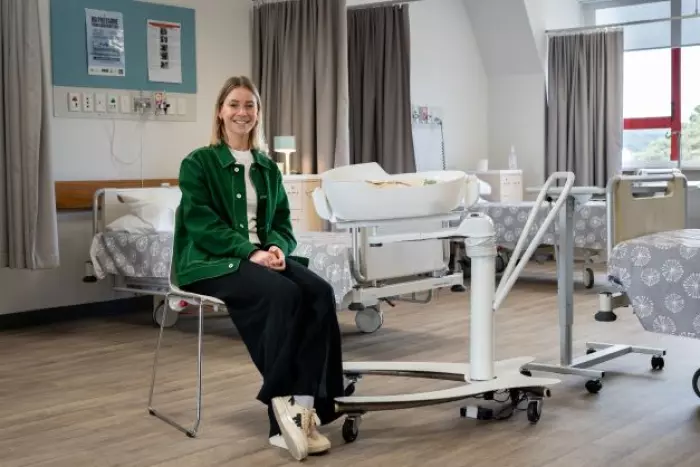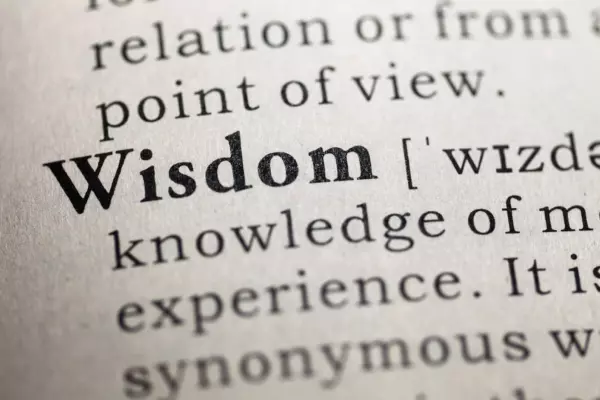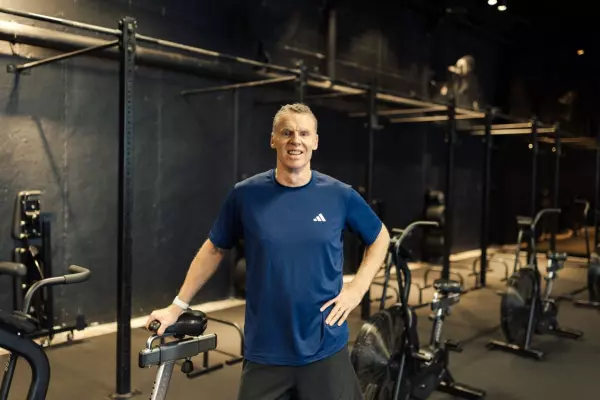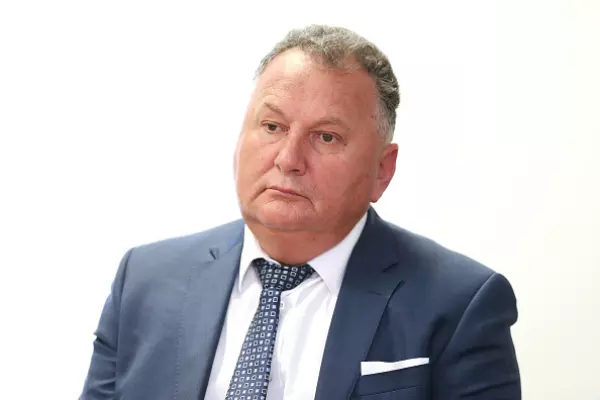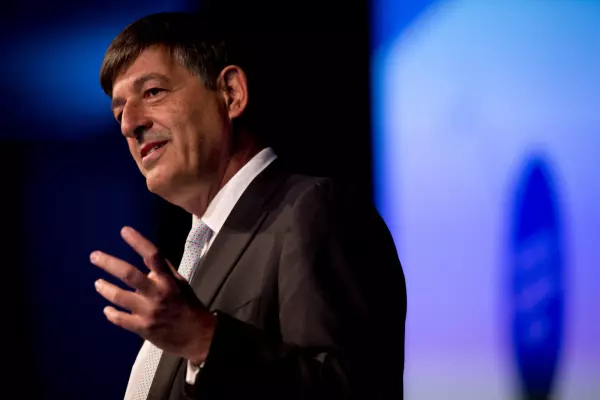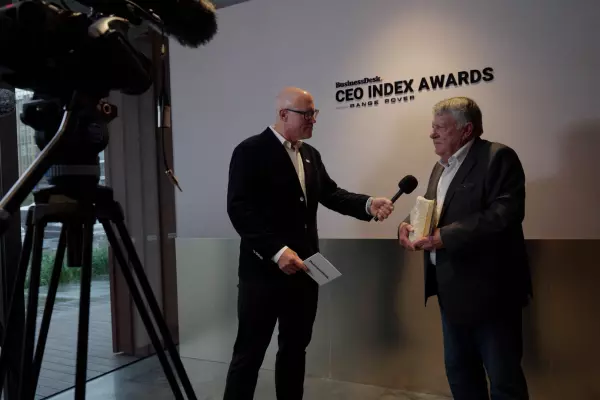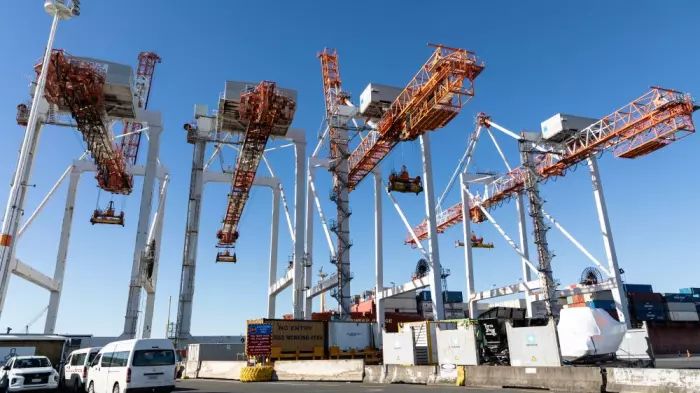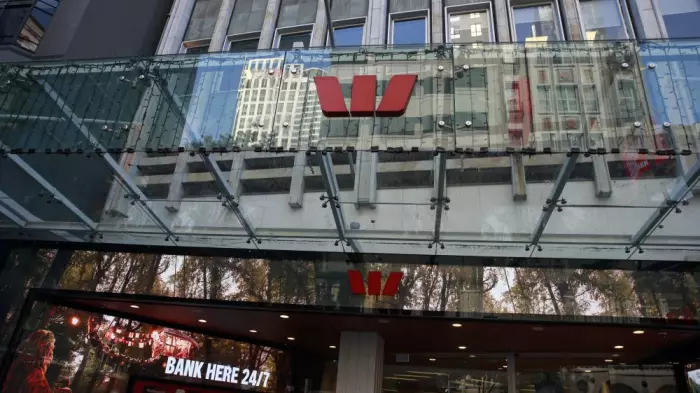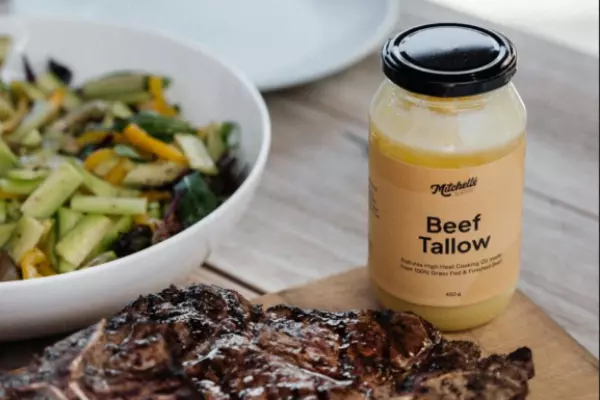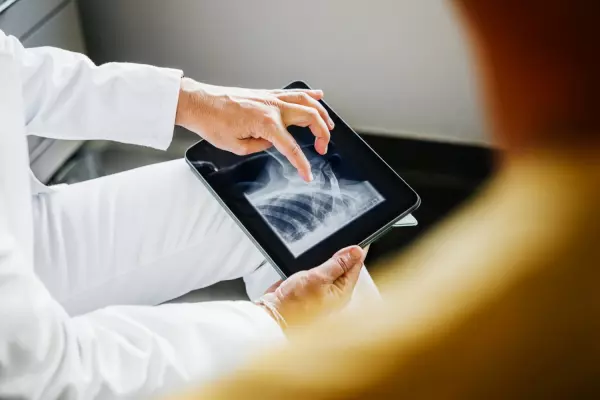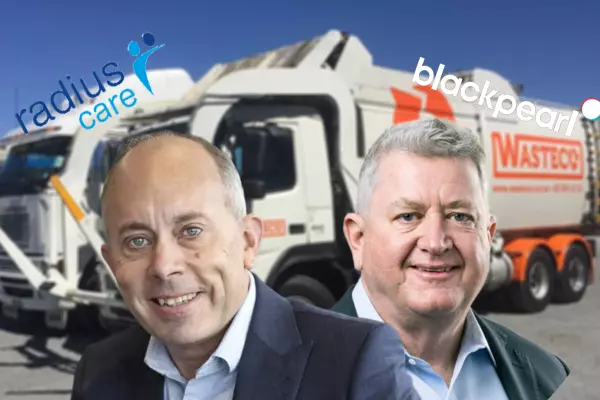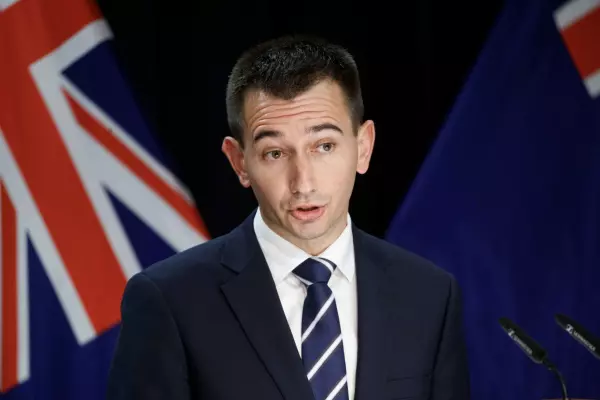Massey University student Sarah Lakomy took out $9,800 in the top prize at the 2022 James Dyson national awards last week for her medical bassinet design, which provides support for mothers experiencing limited mobility after childbirth.
Lakomy told BusinessDesk it had been a whirlwind week, but she was "stoked and incredibly grateful" that she’d taken out the top prize.
She described Hatch as a medical bassinet designed to help new mothers build confidence by independently caring for their newborn – while also supporting midwives on the ward.
“It gives mothers the autonomy to provide those necessary care tasks, like skin contact and feeding, but without increasing the physical demands on them," Lakomy said.
She said Hatch had “many lives” because, when she started the project in February 2021, she recognised the many design opportunities that could help the sector work more smoothly.
“I went round with a big sheet of paper and had tours of birthing facilities and talked with experts,” she said.
“There were heaps of opportunities. But through the process of talking to midwives and mothers, we narrowed it down to improving the bassinet in hospitals and birthing centres."
From February through to July last year, she made a list of the design requirements she needed to make the design a success. She looked for existing products and spoke to experts – especially midwives – who had first-hand experience in how a better bassinet design could make their workload easier.
Lakomy also talked to new mothers to find out what they wanted from a bassinet.
“I was a little bit nervous about asking, because it's quite a personal experience, especially in the immediate postpartum period, but I had an amazing response,” she said.
“In my primary research, people were so forthcoming, particularly mums, with sharing their experiences and ideas. So, it was super encouraging to develop the project.”
An equitable approach to design
The industrial design student said the driving force for her project was her passion for women's healthcare and to design a product that was “by women, with women, for women”.
With more than 58,000 babies born in NZ last year and innovation in women’s healthcare historically sidelined, Lakomy saw how postpartum mothers – and midwives – could benefit from the invention.
Last year’s strikes over the working conditions of midwives and nurses happened while Lakomy was developing Hatch, so they were at the forefront of her mind when she was deep in the design phase.
“I've got quite a unique standing, being a woman and an industrial designer,” she said.
“I really want to utilise this and to actually start some conversations in this area, because there is so much opportunity. And look at how much change you can make by having an equitable approach to design.”
Lakomy started Hatch in July last year and said it took about 10 months of experimentation to get to the prototype it is today.
She had to learn new industrial skills to put it all together.
This included soldering and wiring up all the electronics, so the bassinet could be height-adjustable.
"It's the first thing I've built at that kind of scale,” she said. “It was really rewarding seeing it come to life and the functionality of it.”
She plans to use the prize money to advance Hatch’s development and put the prototype in a clinical setting.
Lakomy and the other two James Dyson Award national finalists will move on to the international stage in November, where the top 20 international inventions will be selected by a panel of Dyson engineers.
An international winner and a sustainability winner will be handpicked by Sir James Dyson.
The international winner will receive $59,000 for themselves and $9,800 for their university, and the sustainability winner receives $59,000.
Lakomy is doing a master’s degree in industrial design at Massey and also works part-time at Wellington hospital as an improvement and innovation adviser.
She’s not sure what will happen next in her career but does know it’s going to be centered around women's healthcare.
“As long as I’m working in women's healthcare and I feel we're kind of pushing the opportunities in that space, I'll be over the moon,” she said.
“It’s such an exciting space.”


